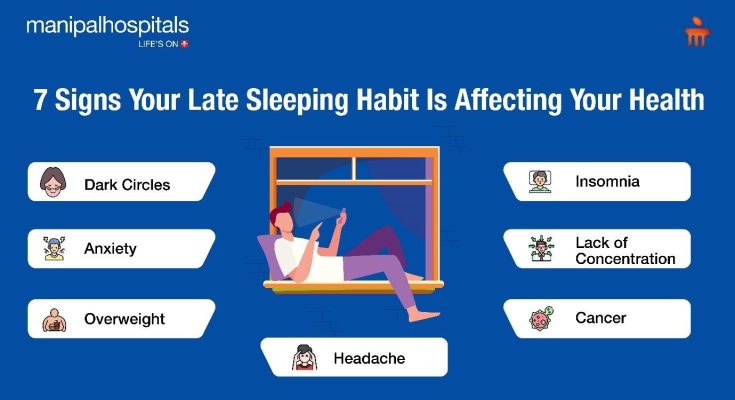The way you feel in the morning sets the tone for how your body functions throughout the day. Morning mood is not just an emotional state—it has physiological effects that influence energy, focus, digestion, stress response, and even long-term health. Whether you wake up optimistic and motivated or irritable and sluggish, your body takes cues from those emotions and adjusts accordingly. This connection between mood and body demonstrates just how integrated mental and physical health really are. For professionals managing high demands, understanding how morning mood shapes the body can be a powerful tool for improving performance and resilience.
When you wake up in a positive mood, your body responds by releasing neurotransmitters such as dopamine and serotonin. These chemicals not only enhance your sense of well-being but also regulate critical processes like appetite, digestion, and sleep-wake cycles. A calm, upbeat mood can improve digestion during breakfast, steady blood pressure, and support better glucose regulation, ensuring that the body has stable energy for the day ahead. On the other hand, starting the morning in a stressed or anxious state often triggers cortisol, the body’s primary stress hormone. While cortisol naturally rises in the morning to help you wake up, excessive stress magnifies its effect, leaving the body in a state of hyperarousal. This disrupts digestion, raises blood pressure, and drains mental clarity before the workday even begins.
The morning mood-body connection also shows up in energy regulation. A positive, focused mood signals the nervous system that the day is manageable, encouraging efficient use of energy. This creates a sense of steadiness that carries into professional tasks, making it easier to concentrate on complex projects without constant fatigue. In contrast, starting the day in frustration or negativity can quickly deplete energy. The body channels resources into the stress response, leaving less energy available for clear thinking or physical stamina. It is similar to a business that diverts funds to cover emergencies instead of investing in growth—resources are consumed quickly, and momentum stalls.
Your immune system is another area directly influenced by morning mood. Positive emotions support the release of anti-inflammatory chemicals and strengthen immune defenses, while negative moods increase inflammation and weaken resilience against illness. This is why extended periods of stress or irritability often coincide with more frequent colds or slower recovery from minor ailments. For professionals who cannot afford frequent sick days, maintaining a balanced morning mood is not just about feeling better but about protecting the body’s ability to function consistently under pressure.
Morning mood also shapes productivity through its influence on decision-making and habits. A good mood fosters motivation to prepare a nourishing breakfast, take a short walk, or begin the day with focus, all of which reinforce healthier patterns. A poor mood, however, often drives people toward quick fixes such as skipping meals, reaching for sugar or caffeine, or procrastinating on important work. These choices create feedback loops—positive or negative—that influence the entire day. For example, beginning in frustration can lead to poor eating choices, which then spike and crash blood sugar, amplifying the stress response and compounding fatigue. It is a cycle that demonstrates how closely emotional and physical states intertwine.
Another layer of this relationship is how morning mood affects posture and movement. When you feel calm and optimistic, your body naturally adopts a more open, upright posture. This improves breathing, oxygen delivery, and circulation, enhancing overall vitality. By contrast, waking up in a bad mood often results in slumped shoulders, shallow breathing, and reduced circulation. These physical changes may seem minor, but they reinforce feelings of fatigue and stress, trapping the body in a downward cycle. Professionals who spend long hours at desks can particularly feel the difference: a tense mood can lock the body into restrictive postures that diminish both comfort and effectiveness.
Sleep quality also ties directly into morning mood and, by extension, physical health. Waking up refreshed improves emotional outlook, while poor sleep often leads to irritability and mental fog. That mood carries into physical systems, disrupting hormonal balance, appetite control, and energy use. It is why one bad night of sleep can trigger a cascade of poor choices and low performance the next day. Viewing morning mood as a reflection of sleep quality highlights the interconnectedness of lifestyle factors—rest, nutrition, stress, and mindset all contribute to how the body feels and functions from the moment you wake up.
What makes morning mood so powerful is its compounding effect. A positive mood sets off a chain reaction that improves physical function, emotional resilience, and decision-making, while a negative mood sets off an opposite chain reaction that undermines both health and performance. Recognizing this influence allows individuals to take small steps to shift morning mood intentionally. Practices like slow breathing, light stretching, journaling, or simply pausing to express gratitude can recalibrate mood in ways that ripple through the body. The key is not to expect perfection but to recognize that the body listens to the signals you give it at the start of the day.
Ultimately, the connection between morning mood and physical health shows that how you begin the day is about much more than mindset. It influences hormones, digestion, energy, immunity, and posture, all of which shape long-term resilience and daily performance. For professionals who need clarity, stamina, and focus to thrive, paying attention to morning mood is a strategic investment in health. Much like a business sets the tone for its operations with early planning and alignment, individuals set the tone for their bodies and minds with the emotions they carry into the morning. By choosing to ground the day in calmness and positivity, you create conditions for the body to function at its best, supporting both personal well-being and professional success.
Would you like me to also prepare a condensed 400–500 word version of this article that could be used for newsletters or as a quick-read professional wellness post?




